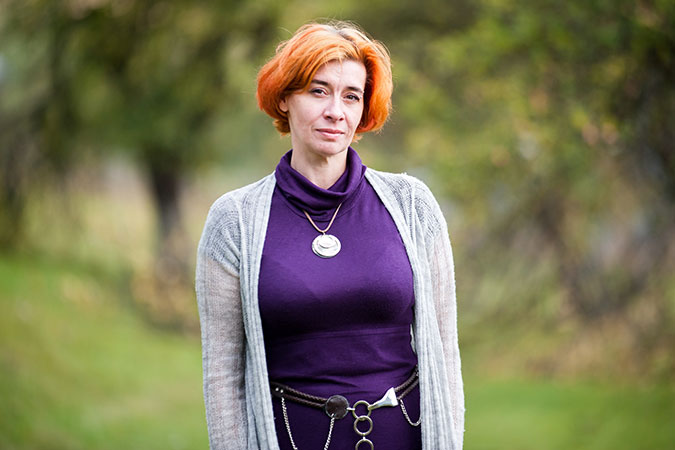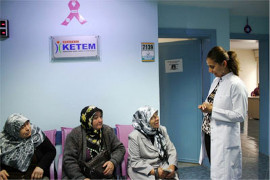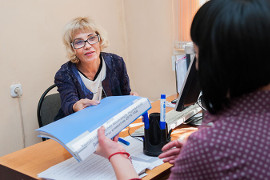SDG 3: Ensure healthy lives and promote well-being for all at all ages
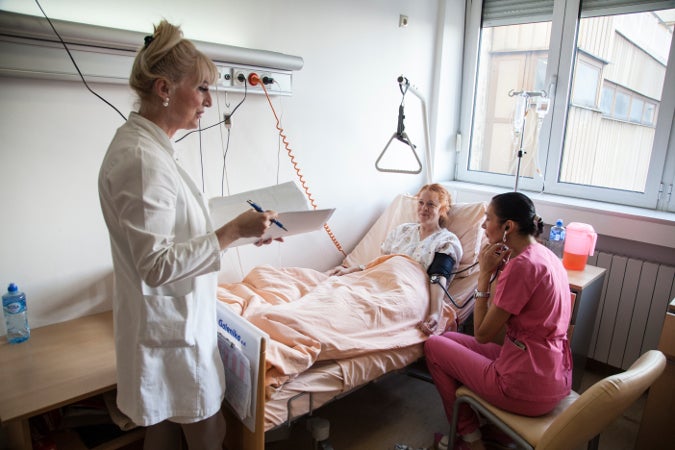
Targets
- By 2030, reduce the global maternal mortality ratio to less than 70 per 100,000 live births.
- By 2030, ensure universal access to sexual and reproductive health-care services, including for family planning, information and education, and the integration of reproductive health into national strategies and programmes.
- By 2030, end preventable deaths of newborns and children under 5 years of age, with all countries aiming to reduce neonatal mortality to at least as low as 12 per 1,000 live births and under-5 mortality to at least as low as 25 per 1,000 live births.
- By 2030, end the epidemics of AIDS, tuberculosis, malaria and neglected tropical diseases and combat hepatitis, water-borne diseases and other communicable diseases.
- By 2030, reduce by one-third premature mortality from non-communicable diseases through prevention and treatment and promote mental health and well-being.
- Strengthen the prevention and treatment of substance abuse, including narcotic drug abuse and harmful use of alcohol.
- By 2020, halve the number of global deaths and injuries from road traffic accidents.
- Achieve universal health coverage, including financial risk protection, access to quality essential health-care services and access to safe, effective, quality and affordable essential medicines and vaccines for all.
- By 2030, substantially reduce the number of deaths and illnesses from hazardous chemicals and air, water and soil pollution and contamination.
- Strengthen the implementation of the World Health Organization Framework Convention on Tobacco Control in all countries, as appropriate.
- Support the research and development of vaccines and medicines for the communicable and noncommunicable diseases that primarily affect developing countries, provide access to affordable essential medicines and vaccines, in accordance with the Doha Declaration on the TRIPS Agreement and Public Health, which affirms the right of developing countries to use to the full the provisions in the Agreement on Trade Related Aspects of Intellectual Property Rights regarding flexibilities to protect public health, and, in particular, provide access to medicines for all.
- Substantially increase health financing and the recruitment, development, training and retention of the health workforce in developing countries, especially in least developed countries and small island developing States.
- Strengthen the capacity of all countries, in particular developing countries, for early warning, risk reduction and management of national and global health risks.
Women and men have different health-care needs, but an equal right to live healthily. For many women and girls, however, gender discrimination systematically undermines their access to health care, for reasons that include fewer financial resources and constraints on mobility.
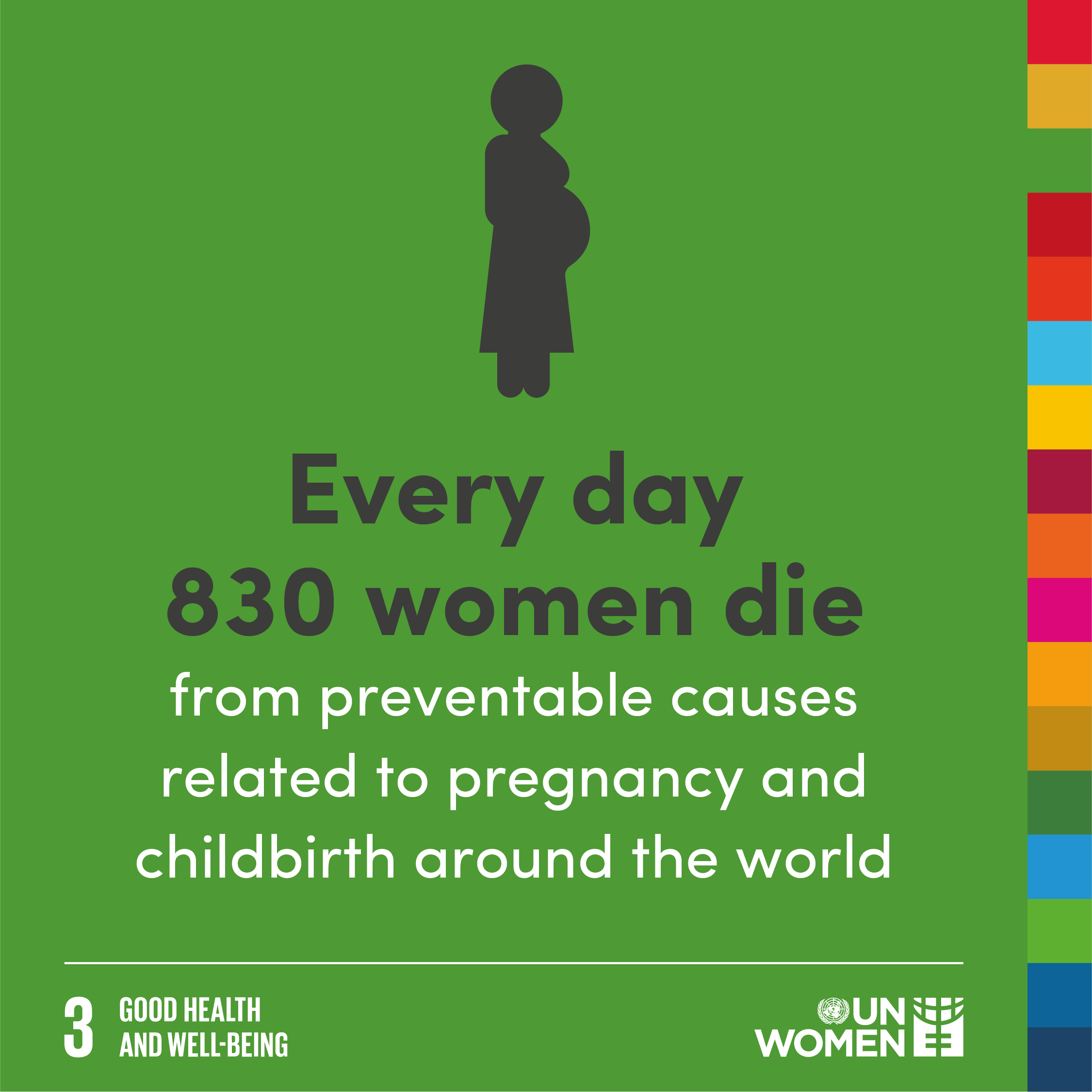
This is compounded by additional burdens imposed by gender disparities which limit their ability to stay healthy. These include long hours spent on domestic work, unsafe work environments and gender-based violence, with mechanisms for prevention and protection often inadequate.
Pregnancy and childbirth pose particular risks. Every day, 830 women die from preventable causes related to pregnancy and childbirth around the world. Globally, that amounted to about 303,000 women in 2015. Central and Southern Asia has a maternal mortality ratio of 170 deaths per 100,000 live births, which is lower than the global average of 216.
UN Women acts to advance women’s well-being and health by working with governments to improve health services for women and girls, including survivors of violence, and backing non-governmental partners in filling gaps. We strive to end practices that put women and girls in danger, such as child marriage, and support efforts to end discriminatory laws and practices impeding women’s access to sexual and reproductive health-care services.
Stories
Living with HIV and violence: Women of Ukraine speak out and build solidarity
In Ukraine, 35 per cent of women living with HIV have experienced violence since the age of 15, and lack of awareness, shelters and support services pose additional challenges for them. A UN Women-supported initiative is bringing awareness and new beginnings for HIV-positive women survivors of violence, in addition to helping them improve their health and quality of life.
Rural women access early cancer screening in Turkey
After receiving support from a UN Women initiative, a municipality in central Turkey actively reached out to thousands of rural women to educate them about their health, inform them about free health-care, and transport them to a free cancer screening centre.
From where I stand: Natalia Minayeva
Natalia Minayeva from Kazakhstan was imprisoned in the so-called “AIDS barracks”. She now works to protect the rights of HIV-positive women after receiving training under UN Women’s Gender Equality within the HIV and AIDS response project that helped her enhance her knowledge and gain public speaking and leadership skills.
